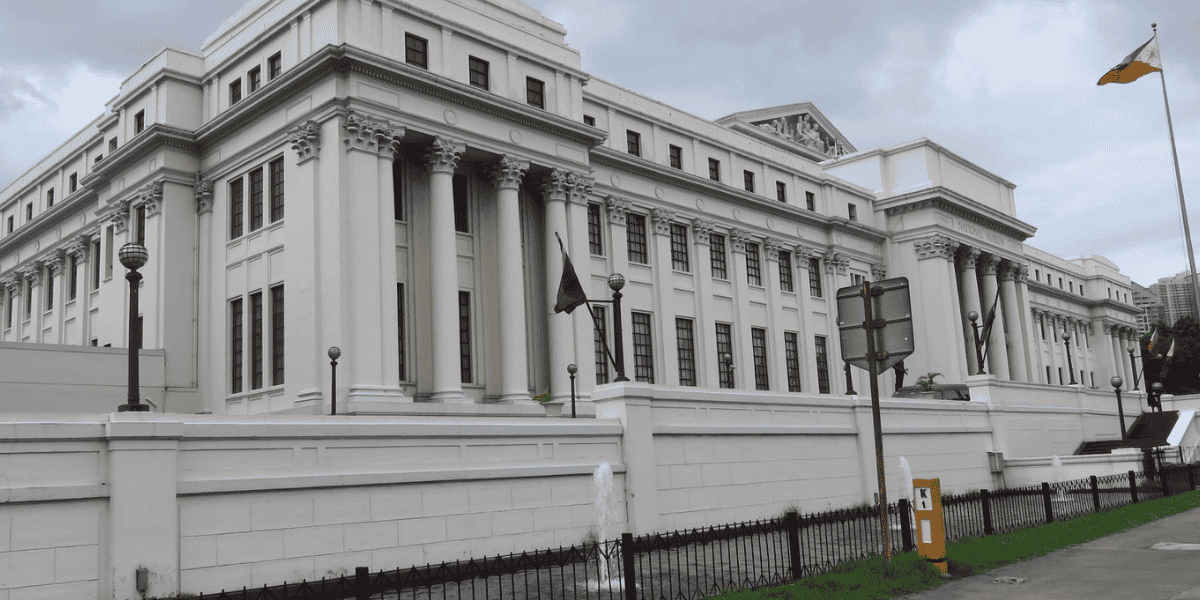On 18 December 2020, the Bureau of Internal Revenue (BIR) published a Revenue Regulations (RR) No. 34-2020, which replaces the previous Revenue Regulations (RR) No. 19-2020, its clarifying Revenue Memorandum Circular No. 76-2020, and other relevant issuances. The new Resolution provides the instructions of how to submit the BIR Form No. 1709 or the Related Party Transaction (RPT) Form, and transfer pricing documentation and other necessary documents. It also contain new safe harbors during COVID-19 pandemic. The Regulations shall take effect immediately following its publication in a newspaper of general circulation. Note that, any violation of the provisions of this issuance shall be subject to penalties provided in Sections 250, 266, and other relevant provisions of the NIRC, as amended.
Related Party Transaction (RPT) Form
This Regulation introduces simplified version of the RPT Form (BIR Form 1709) shall henceforth be used in lieu of the old form. The following are required to file and submit the RPT Form, together with the Annual Income Tax Return (AITR):
a) Large Taxpayers;
b) Taxpayers enjoying tax incentives, i.e. Board of Investments (BOI)-registered and economic zone enterprises, those enjoying Income Tax Holiday (ITH) or subject to preferential income tax rate;
c) Taxpayers reporting net operating losses for the current taxable year and the immediately preceding two (2) consecutive taxable years; and
d) A related party, as defined under Section 3 of Revenue Regulations (RR) No. 19-2020, which has transactions with (a), (b) or (c). For this purpose, key management personnel (KMP), as defined under Section 3(7) of RR No. 19-2020, shall no longer be required to file and submit the RPT Form, nor shall there be any requirement to report any transaction between KMP and the reporting entity/parent company of the latter in the RPT Form.
When short period AITRs are required by law or existing issuances to be filed the RPT Form shall still be accomplished regardless of the reason for filing the said short period return. However, compliance herewith shall only be mandatory for short period returns filed in 2021 and subsequent years.
Transfer pricing documentation and other supporting documents
The preparation and submission of transfer pricing documentations (TPDs) and all other relevant issuances, shall be mandatory for taxpayers enumerated in Section 2 who meet the following materiality thresholds:
a. Annual gross sales/revenue for the subject taxable period exceeding One Hundred Fifty Million Pesos (₱150,000,000) and the total amount of related party transactions with foreign and domestic related parties exceeds Ninety Million Pesos (₱90,000,000).
In computing the above threshold, the following items shall be included:
i. Amounts received and/or receivable from related parties or paid and/or payable to related parties during the taxable year but excluding compensation paid to key management personnel, dividends and branch profit remittances; and
ii. Outstanding balances of loans and non-trade amounts due from/to all related parties.
Related party transactions covered by an Advance Pricing Agreement (APA) need not be disclosed in the RPT Form but shall nonetheless be included in the computation of the amount of related party transactions following the prescribed formula; or
b. Related party transactions meeting the following materiality threshold:
i. If involving sale of tangible goods in the aggregate amount exceeding Sixty Million Pesos (₱60,000,000) within the taxable year;
ii. If involving service transaction, payment of interest, utilization of intangible goods or other related party transaction in the aggregate amount exceeding Fifteen Million Pesos (₱15,000,000.00) within the taxable year; or
c. If TPD was required to be prepared during the immediately preceding taxable period for exceeding either (a) or (b) above. With regard to the submission of transfer pricing documentation, it is provided that the documentation no longer needs to be submitted with the RPT form but must be submitted within 30 days of being requested by the tax authority, which can be extended by another 30 days for meritorious reasons.
















